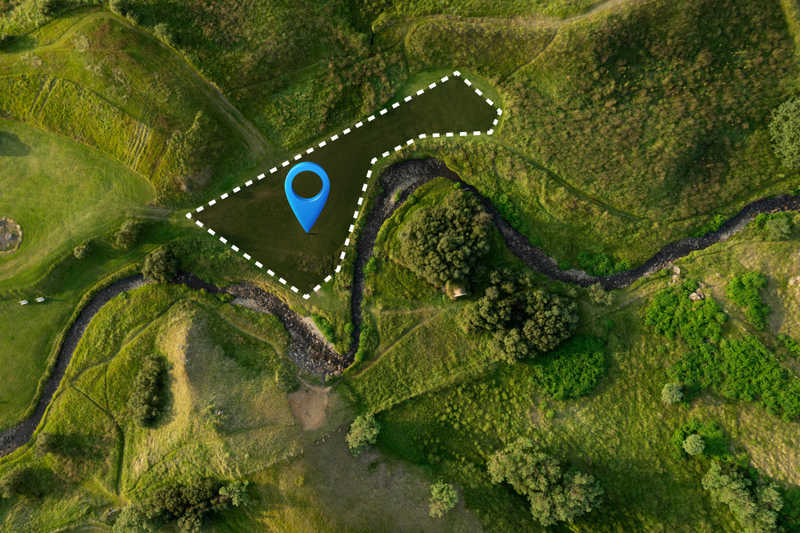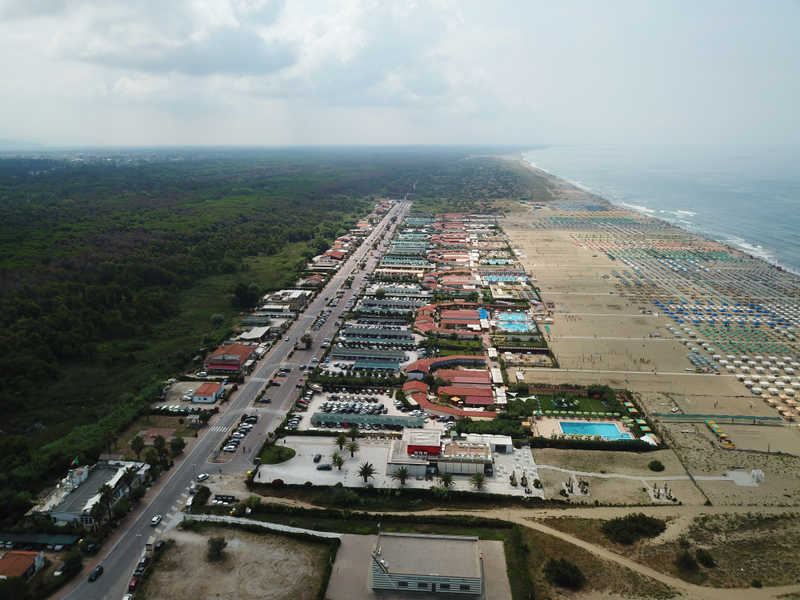RERA Notified In Ladakh To Bring Transparency In Real Estate
Like other states and union territories of India, Ladakh notified its rules on October 8, 2020, under the Real Estate (Regulation and Development) Act (RERA), paving the way for property development in the region.
The Act mandates each state and union territory to framework its own real estate regulator and established rules to regulate the functioning of the regulator. It aims to encourage greater transparency, citizen centricity, accountability, and fiscal discipline in the region.

Giving this information on Twitter, Secretary of Housing and Urban Affairs Durga Shankar Mishra said, “Extremely happy to share that Ladakh becomes the 34th State/UT, which has notified Rules under RERA. It was done on 8 October 2020. It paves the way for the implementation of this transformative legislation in the Union Territory, opening new vistas of the real estate development journey”.
In August, the union territory of Jammu and Kashmir notified the rules to become the 33rd state/union territory under RERA.
Through another tweet, Mishara said that “The move will open up new vistas for the development of the union territory J & K by ensuring efficient & transparent transactions. It will also ensure timely delivery & quality construction of real estate projects”.
What Does RERA Rule Say?
- According to the notification, each real estate agent will be registered. Registration will be provided or rejected by the Real Estate Regulatory Authority within a period of 30 days. The authority is given the power to cancel the registration of a real estate agent. The real estate agent will give support to the allottees and promoters to empower them to exercise their rights and meet the obligations at the time of booking and sale of any plot, apartment, or building. The authority will need to keep all information related to the promoter on its website.
- The Chairman and other members of the authority will be selected by the Central Government. The selection will be done through a detailed process that is placed in the notification, including the formation of a Selection Committee that will make recommendations to the central government. The authority is vested with the convening of experts or consultants from the fields of economics, commerce, accounting, real estate, competition, construction architecture, law, engineering, or any other discipline as it may deem necessary to assist in the conduct of any before investigation or proceeding.
- There will be a Central Advisory Council to prepare draft recommendations and request comments from stakeholders, experts, and civil society. After receiving the comments, the council shall finalize the recommendations after incorporating such comments as it may consider fit and refer them to the Central Government, who shall have the authority to fully accept such recommendations, amendments. With, if any, refer to recommendations back to the council comments and views and reject such recommendations.
- There will also be a Real Estate Appellate Tribunal.
- The Real Estate Regulatory Authority (RERA) will prepare the budget, maintain proper accounts and other relevant records, and prepare an annual statement of accounts.
RERA Status Across India
- As of 10 October 2020, 55,960 real estate projects have been registered under RERA across the country.
- The number stood at 53364 in July 2020 against 43,208 projects at the end of July 2019.
- The states with maximum product registration currently include Maharashtra, Gujarat, Karnataka, Telangana, Uttar Pradesh, Tamil Nadu, and Madhya Pradesh.
How will Ladakh benefit from RERA?
- It will keep all the information about the properties in the public domain. This will ensure greater transparency and gives the home buyer a regulatory authority, where complaints with RERA can be redressed.
- It also standardizes buying and selling, in terms of carpet area rather than the super built-up area. While the Ladakh RERA rules have been notified, the website will be operational in the coming days.
- A lot of infrastructural development is going on in Leh, Ladakh, and Kargil region. Mainly suited to the hospitality and tourism industries, infrastructure improvements will assure that the region is connected to other parts of the country with the convenience of trade and commerce.
- Those dependent on hospitality, tourism, or even business will also get better access to the national capital with this border connectivity project.
- With the removal of Article 370, Ladakh, Leh, and Kargil are getting many benefits on the socio-economic front. For example, the 9.02 km long Atal tunnel reduces the road distance between Manali and Leh by 46 km and the time is about 4 to 5 hours, thereby connecting Manali to the Lahaul-Spiti valley.
- Additionally, the Global Investors Summit also bought Rs 14,000 crore to spend on job-driving industries. This, in turn, may create demand for housing in UT.







